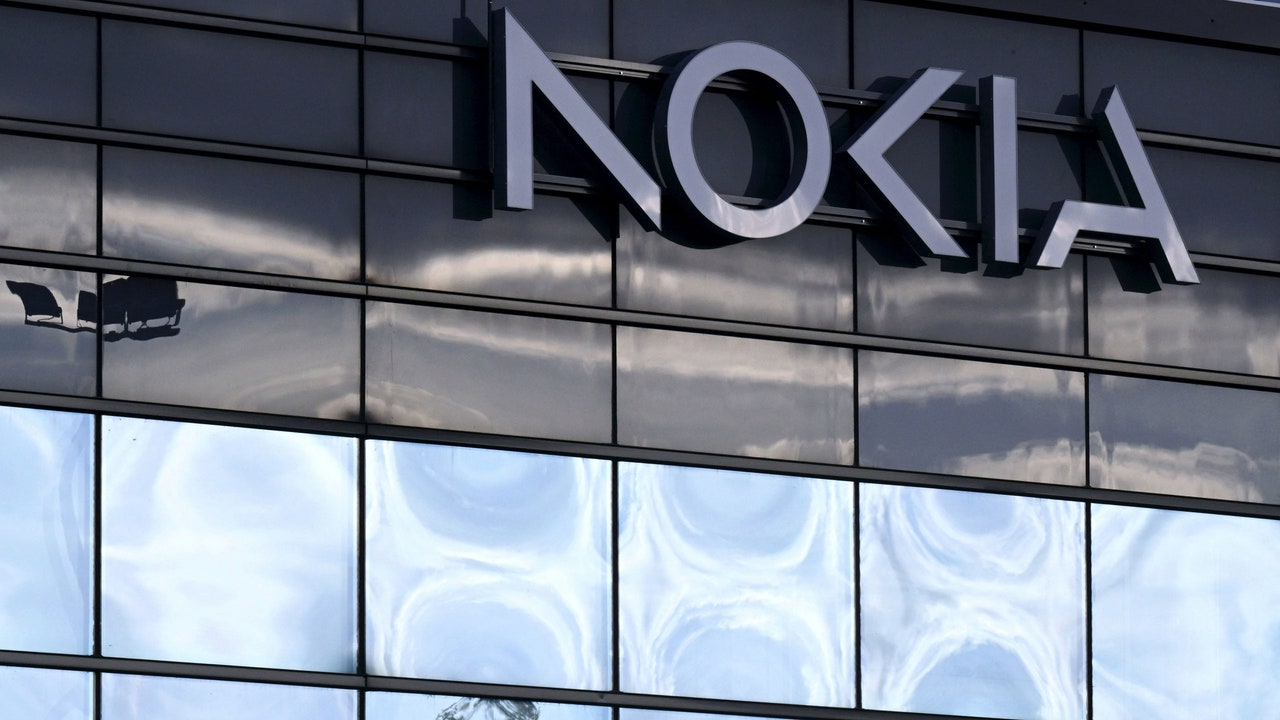Incluso Nokia, la multinacional finlandesa especializada actualmente en equipos de telecomunicaciones, fue víctima de los ciberdelincuentes. En los últimos días, el conocido actor de amenazas IntelBroker, miembro del grupo CyberNi***rs, publicó el foro de hackers BreachForums el anunció de la venta del código fuente de Nokia: «Hoy estoy vendiendo una gran colección de código fuente de Nokia, que obtuvimos de un proveedor externo que trabajó directamente en la empresa para ayudar a desarrollar algunas herramientas», escribió el ciberdelincuente, señalando que está en posesión de datos que contienen SSH, claves, código fuente, claves RSA, inicios de sesión de BitBucket, cuentas SMTP y mucho más. Todo lo que se requiere para acceder a los servidores de la empresa.
EE UU solicita la extradición de Alexander «Connor» Moucka, responsable de los hackeos de Snowflake
Alexander «Connor» Moucka fue detenido esta semana por las autoridades canadienses por llevar a cabo presuntamente una serie de hackeos dirigidos a clientes de Snowflake en la nube. Su próxima parada podría ser una cárcel estadounidense.
¿Cómo ocurrió?
Según el medio especializado en tecnología Bleeping Computer, IntelBroker accedió al servidor SonarQube del proveedor externo utilizando credenciales predeterminadas, logrando así descargar archivos de varios proyectos de Python, incluidos los que pertenecen a Nokia. La empresa reconoció estos informes y afirmó que tomará las acusaciones en serio: «Somos conscientes de que un actor ni autorizado afirma haber obtenido acceso a ciertos datos de terceros proveedores y posiblemente datos de la compañía», declaró un portavoz a Bleeping Computer.
Nokia está llevando a cabo una investigación para determinar si alguno de sus sistemas o datos se ha visto comprometido. De acuerdo con un comunicado de prensa «hasta la fecha no se han encontrado pruebas de que ningún sistema haya sido afectado, pero se sigue vigilando de cerca la situación».
Los hackers usan este truco para obtener los datos personales que compartes con chatbots
Un grupo de expertos en seguridad creó un algoritmo que convierte un prompt malicioso en un conjunto de instrucciones ocultas que podrían enviar la información personal de un usuario a un atacante.
IntelBroker, hacker con «trayectoria»
InterBroker no tiene nombre, apellido ni aspecto identificable, solo se conoce una larga lista de ataques cibernéticos ilegales que ha realizado a más de 400 empresas; comenzó con violaciones de seguridad a compañías como Hilton y Volvo, para luego especializarse en entidades gubernamentales y gigantes tecnológicas. De acuerdo con el Departamento de Seguridad Nacional (DHS, por sus siglas en inglés), ha filtrado 5.8 millones de registros de vuelos del Departamento de Transporte, vulnerando los sistemas del aeropuerto de Los Ángeles, California.
En su larga lista de hackeos destaca el ocurrido en junio pasado a Apple, logrando tener acceso al código fuente; el ingreso a información sobre futuros proyectos de AMD y una filtración de datos pertenecientes a la compañía telefónica T-Mobile. Nokia es el caso actual, pero podría no ser el último. Quedará en manos de la compañía resolver el quiebre en su sistema de seguridad y concluir su investigación.
Artículo originalmente publicado en WIRED Italia. Adaptado por Alondra Flores.



